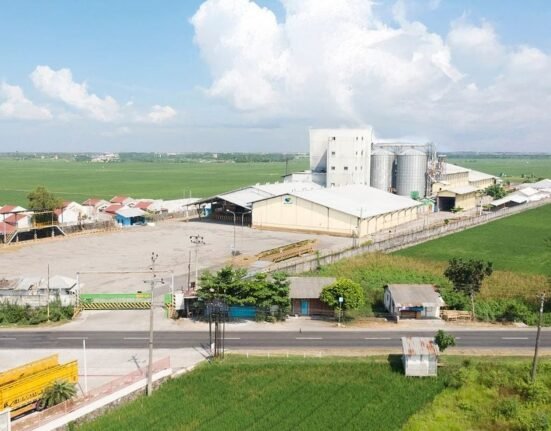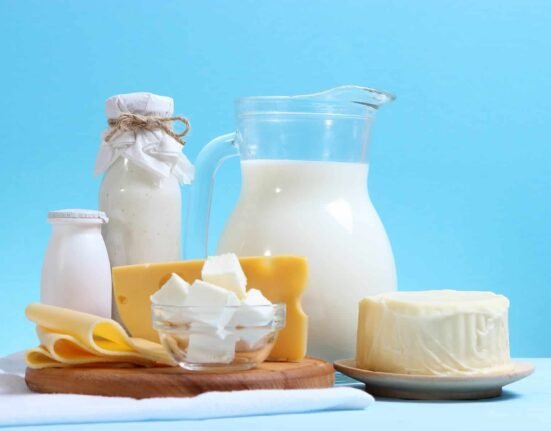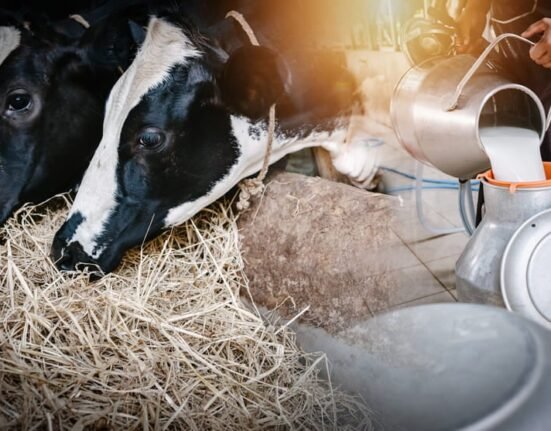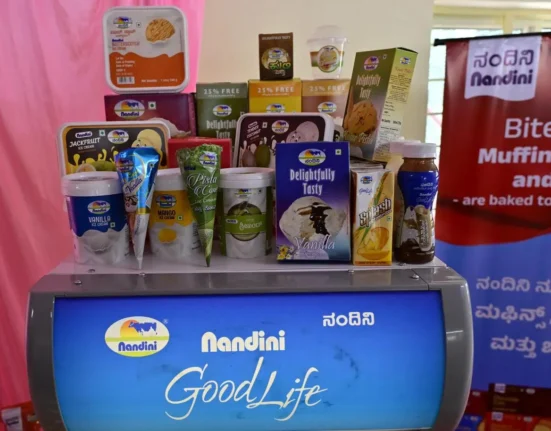New Delhi, April 19, 2025 — Perfect Day, a trailblazer in precision fermentation for dairy alternatives, is now facing a high-profile legal challenge over alleged consumer misinformation regarding its flagship whey protein ingredient, ProFerm.
The lawsuit, filed by advocacy groups Organic Consumers Association and Toxin Free USA in Washington D.C., accuses the company of misrepresenting the nature and safety of its animal-free protein, derived from a genetically engineered strain of the fungus Trichoderma reesei.
At the heart of the complaint lies ProFerm—a branded form of beta-lactoglobulin, a key dairy protein—produced without animals but marketed as “identical” to its cow-derived counterpart. The plaintiffs argue that it’s anything but, citing tests conducted by the Health Research Institute (HRI) that claim ProFerm contains substantial levels of residual fungal proteins and metabolites, potentially unknown to human diets.
Contradictions and Confusion in Data Presentation
The legal complaint raises eyebrows by asserting that up to 86.6% of ProFerm’s protein content may be of fungal origin, starkly contrasting Perfect Day’s GRAS (Generally Recognized as Safe) filing with the U.S. FDA. That filing, backed by the University of Nebraska’s Food Allergy Research and Resource Program (FARRP), puts the figure closer to 6.7%—a level deemed too low to trigger allergenicity concerns.
However, the ambiguous language in the lawsuit—alternating between total product and protein-specific percentages—adds to the confusion, with industry analysts casting doubt on the credibility of such a high fungal content due to expected sensory deviations.
GMO Transparency and Regulatory Grounding
Another focal point is the classification of ProFerm as “non-GMO.” While Perfect Day openly acknowledges using genetically modified organisms in its production process, it emphasizes that no detectable genetic material remains in the final product, aligning with U.S. bioengineered food labeling laws.
Perfect Day’s GRAS notice references the long-standing industrial safety record of T. reesei and emphasizes the rigorous testing its protein underwent, including bioinformatics analysis to rule out allergenicity.
Despite these defenses, the plaintiffs seek not monetary damages but declaratory relief and an injunction to halt what they call “deceptive marketing practices.”
Industry Reactions: A Landmark Legal Test for Precision Fermentation
Legal experts are calling this the first lawsuit of its kind targeting precision-fermented animal-free dairy protein. Rebecca Cross, founding partner at Greenfare Law, noted, “This case will be pivotal in shaping how future alt-dairy proteins are marketed. However, some of the claims appear selectively framed.”
She added, “Perfect Day has been transparent about its methods. To challenge a mission-driven company working to reduce animal agriculture sets a conflicting precedent.”
Commercial Strategy and Indian Expansion
Despite the legal setback, Perfect Day is pressing ahead with its B2B growth strategy, moving away from its consumer brands like Brave Robot and Modern Kitchen, which were sold to Superlatus in 2023.
The company has already partnered with Unilever and is in “active discussions” with other potential anchor customers. A new facility in India is central to this vision, with several letters of intent (LOIs) signed for future product offtake.
As India’s dairy landscape evolves, this case may become a bellwether for how consumers, regulators, and producers negotiate the complex intersection of biotechnology, sustainability, and transparency in food production.







